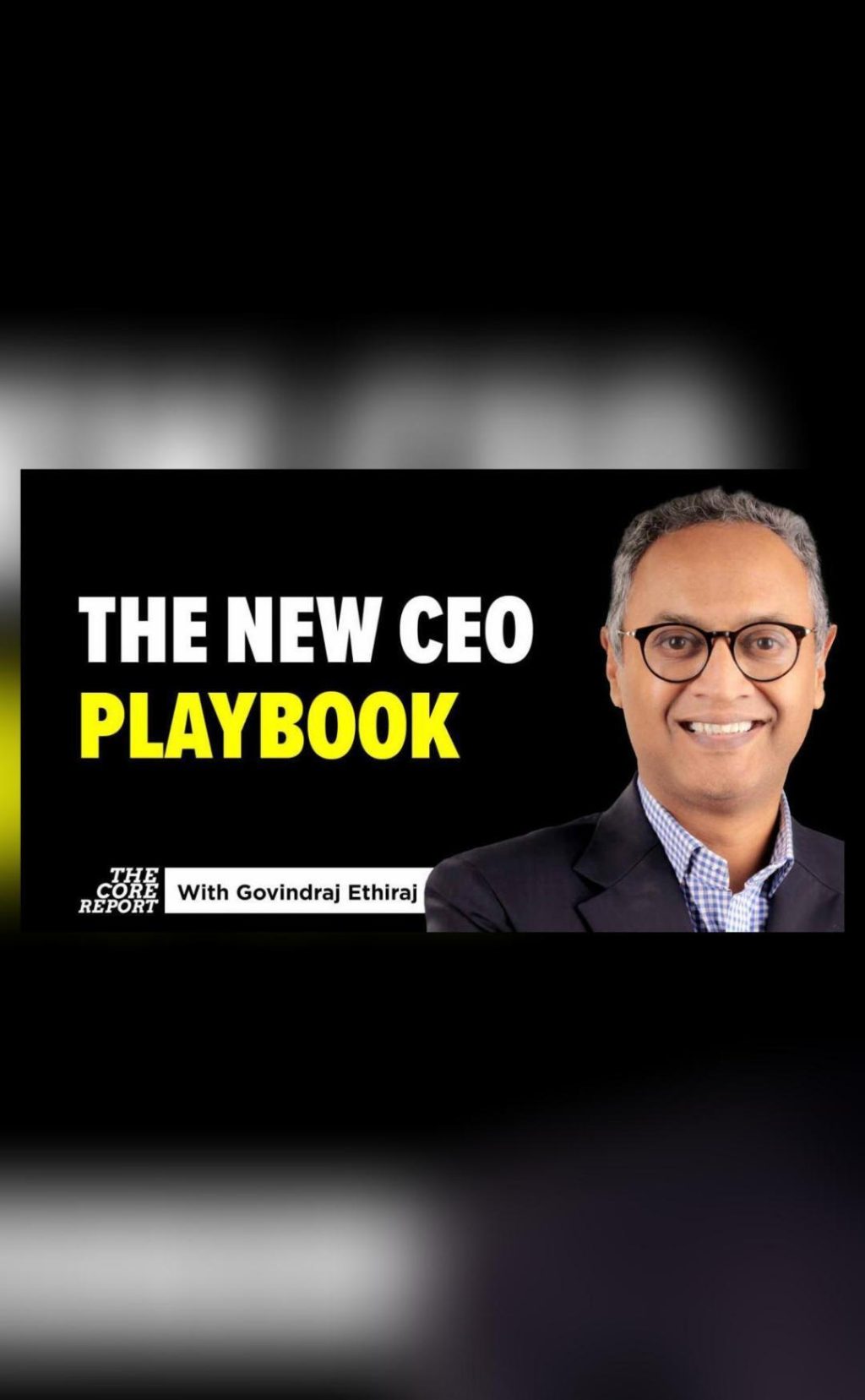
The New CEO Playbook: AI Pressures & Global Tariff Shocks
As the world becomes increasingly interconnected, businesses are facing unprecedented challenges. The rapid advancement of Artificial Intelligence (AI) is reshaping industries, while global tariff shocks are disrupting trade patterns. In this new landscape, CEOs must rethink their strategy and operations to remain competitive. With no guarantee of stability, companies are being pushed to localize, adapt, and reconsider long-held business models.
The AI Revolution
AI is transforming industries at an unprecedented pace. From customer service chatbots to predictive analytics, AI is automating processes, improving efficiency, and unlocking new revenue streams. However, this technological shift is also creating significant internal pressures on CEOs. As AI replaces manual tasks, companies must retrain and upskill their workforces to remain relevant.
According to a recent survey by PwC, 77% of CEOs believe that AI will have a significant impact on their business, with 54% already investing in AI-related initiatives. Yet, only 23% of CEOs feel adequately prepared to manage the impact of AI on their organization. This disconnect highlights the need for CEOs to prioritize AI training and development within their organizations.
Global Tariff Shocks
In addition to internal pressures from AI, CEOs are also facing external challenges from global tariff shocks. The ongoing trade war between the US and China has created uncertainty and volatility in global trade patterns. As tariffs are imposed and retaliatory measures are taken, companies are struggling to navigate the complex landscape of export duties, import taxes, and supply chain disruptions.
A recent report by the World Trade Organization (WTO) found that global trade tensions have led to a decline in international trade, with the value of global trade falling by 1.1% in 2019. This decline has significant implications for businesses, particularly those with global supply chains and export-oriented operations.
The New CEO Playbook
In response to these challenges, CEOs must rethink their strategy and operations to remain competitive. Here are some key takeaways from the new CEO playbook:
- Localize and Adapt: With global trade patterns in flux, companies must be prepared to adapt to changing regulations and tariffs. This may involve localizing production, diversifying supply chains, and developing contingency plans for potential disruptions.
- Invest in AI: AI is transforming industries, and CEOs must prioritize AI training and development within their organizations. This will enable companies to automate processes, improve efficiency, and unlock new revenue streams.
- Rethink Business Models: The global tariff shocks and AI-driven disruptions are forcing companies to reconsider long-held business models. CEOs must be willing to challenge assumptions and explore new opportunities for growth and innovation.
- Foster a Culture of Innovation: In a rapidly changing world, companies must foster a culture of innovation and experimentation. This will enable employees to develop new skills, take calculated risks, and drive business growth.
- Develop Strategic Partnerships: The new CEO playbook also emphasizes the importance of strategic partnerships. Companies must form alliances with suppliers, customers, and competitors to share knowledge, resources, and risk.
Conclusion
The new CEO playbook is a response to the unprecedented challenges posed by AI pressures and global tariff shocks. As businesses navigate this complex landscape, CEOs must prioritize internal pressures to automate and innovate, while also adapting to external forces like shifting trade policies.
With no guarantee of stability, companies must localize, adapt, and reconsider long-held business models. By following the new CEO playbook, businesses can thrive in a rapidly changing world and emerge stronger, more resilient, and more competitive.
Source:






